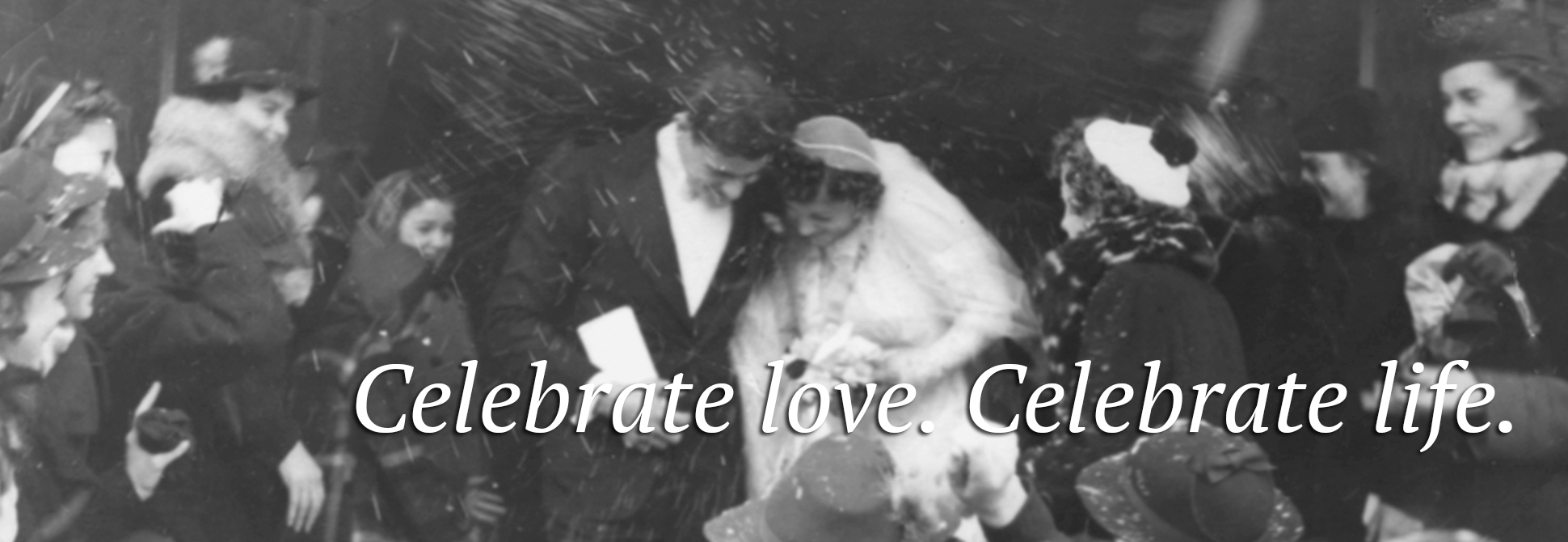Why are people of the Jewish faith buried so soon after death?
There are various sects of Judaism, each with slightly different customs and practices. Jewish funeral customs are based on their belief and understanding of life, death, soul (neshama), and afterlife. Jews believe the soul is immortal and is the complete essence of the person - thoughts, deeds, experiences, and relationships. In life, the mortal body was the container for the neshama. Following death, the neshama hovers in the vicinity of the body and refuses to begin its journey to the Eternal World until the body is buried. The Tahara (Preparation) requires that every effort must be made to allow the body to return to its original elements as quickly as possible for the nashama to complete its journey to God. Although the body is cared for by proper cleansing and dressing, attempts to create a life-like appearance of the deceased by means of embalming, cosmetics, and other restorative procedures are strictly prohibited. Metal caskets and mausoleums are also forbidden by Jewish law and cremation is considered the ultimate form of indignity toward the body.
Resource: www.jewishsacredsociety.com







Comments